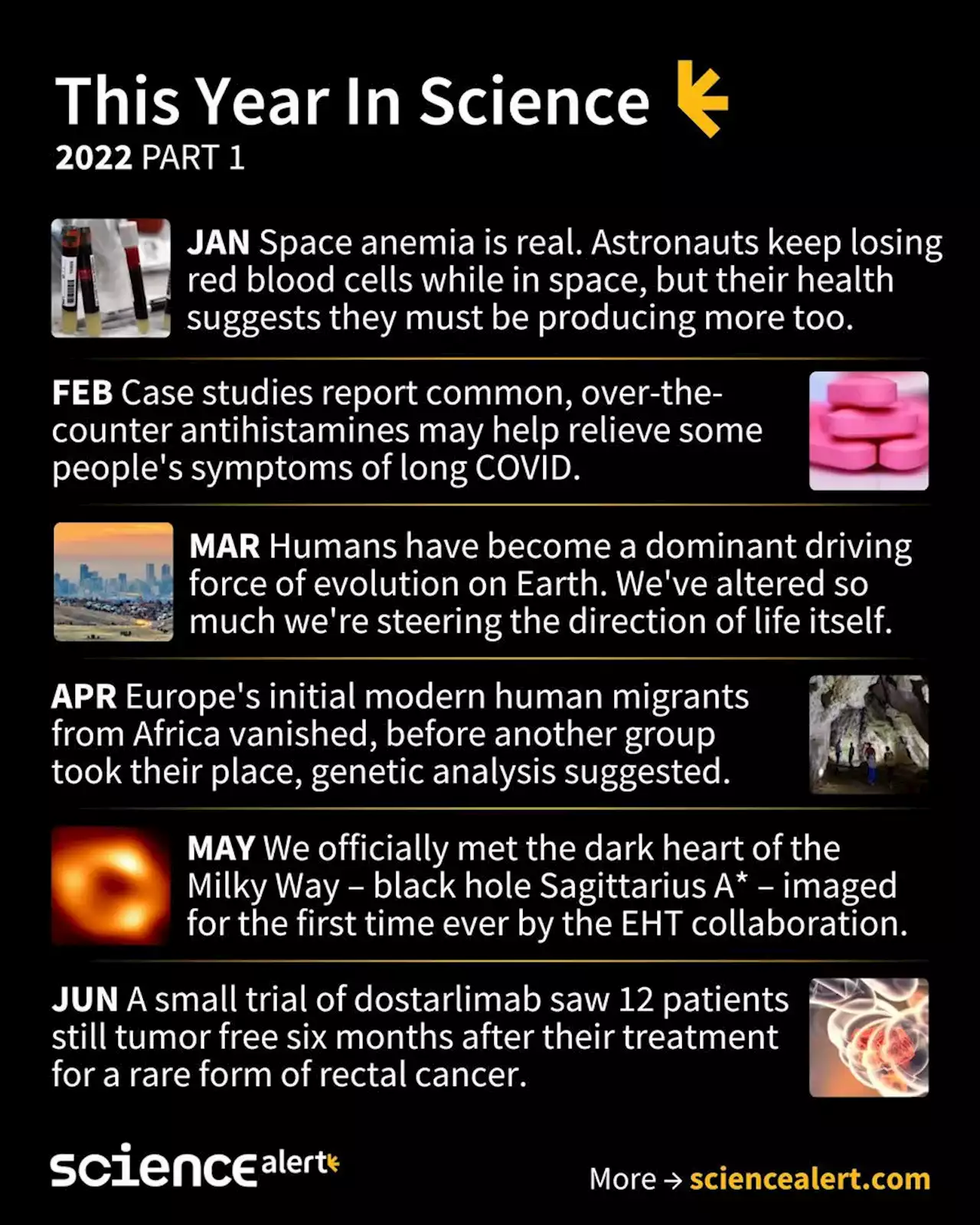Happy New Year from all at ScienceAlert! 🥂✨ Astronauts' blood Long COVID Evolutionary force Out of Africa Sagittarius A* Drug trial
Since our species first started to spend extended periods of time beyond our planet, researchers have noticed a curious and consistent loss of red blood cells among astronauts.
The measurements were made via blood tests of iron and breath tests based on carbon monoxide. For every one molecule of carbon monoxide exhaled, a molecule of the pigment found in red blood cells is also destroyed, which makes it a useful approximation of red blood cell loss. For years, this was the explanation for space anemia. Perhaps the loss of red blood cells was our body's way of compensating for a loss in blood volume.
"Our study shows that upon arriving in space, more red blood cells are destroyed, and this continues for the entire duration of the astronaut's mission,"When the astronauts were in space, the loss of red blood cells appears to have led to a higher-than-normal circulation of iron serum in their blood. Without as many red blood cells to transport iron around the body, the astronauts gradually approached anemia, which can be classified into mild, moderate, and severe.
